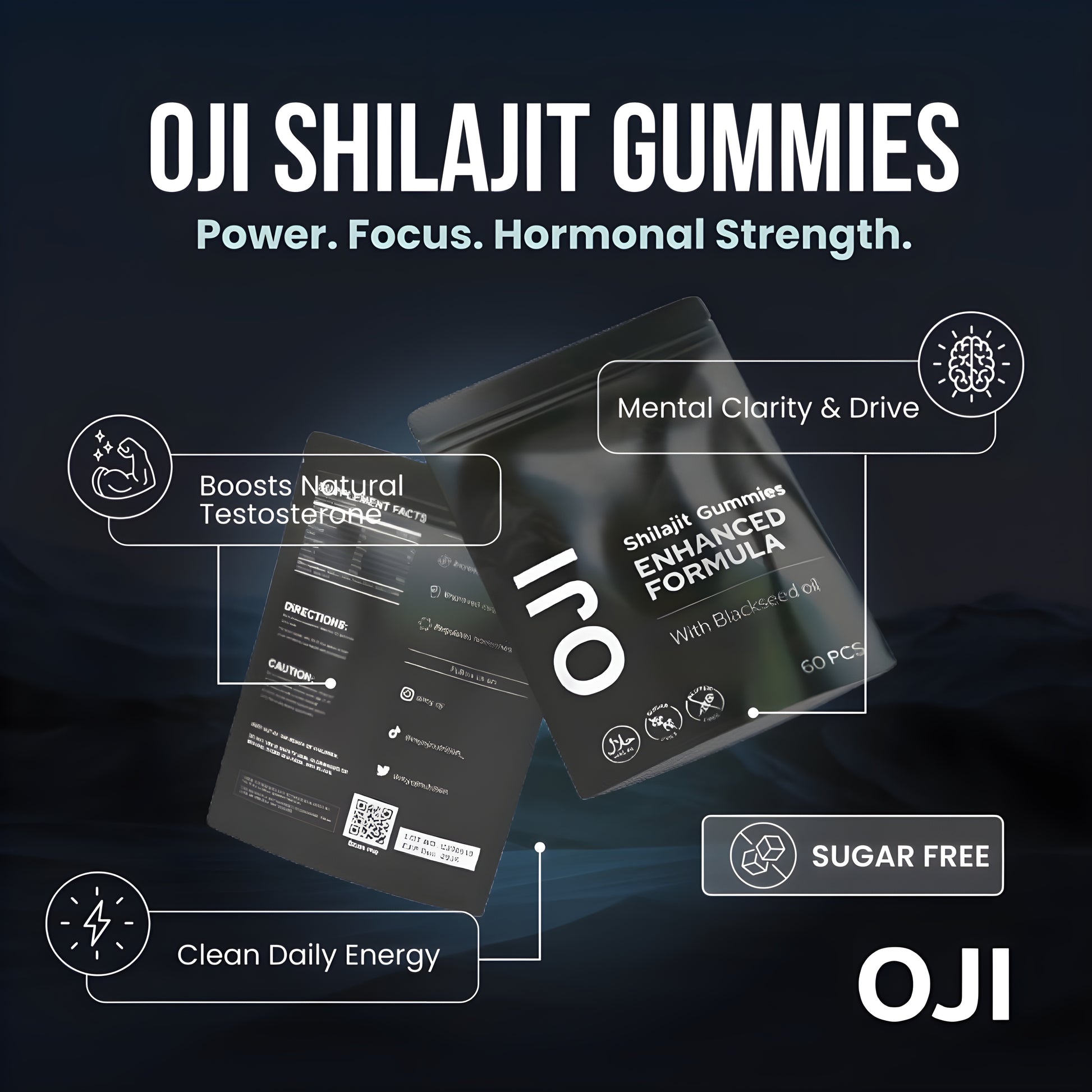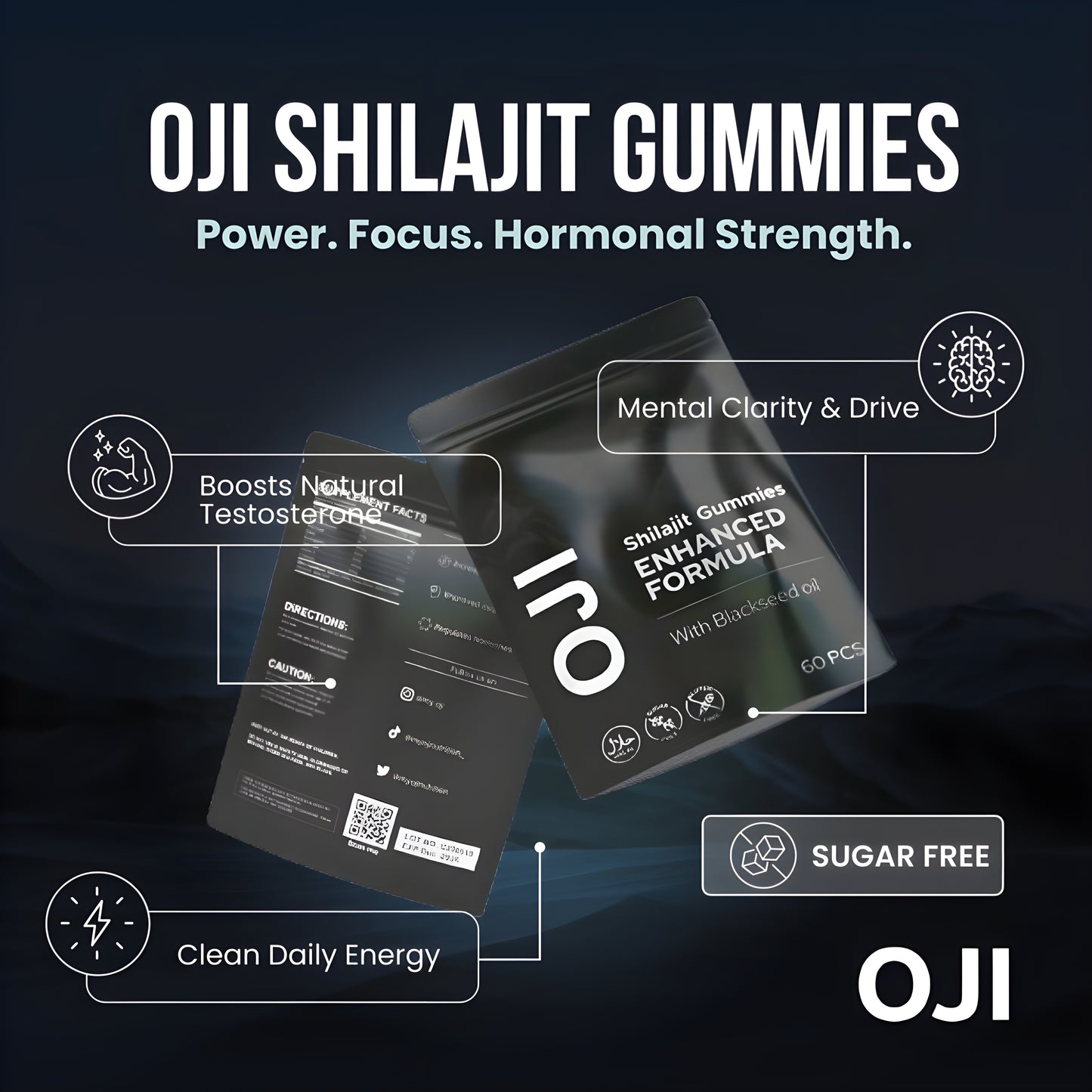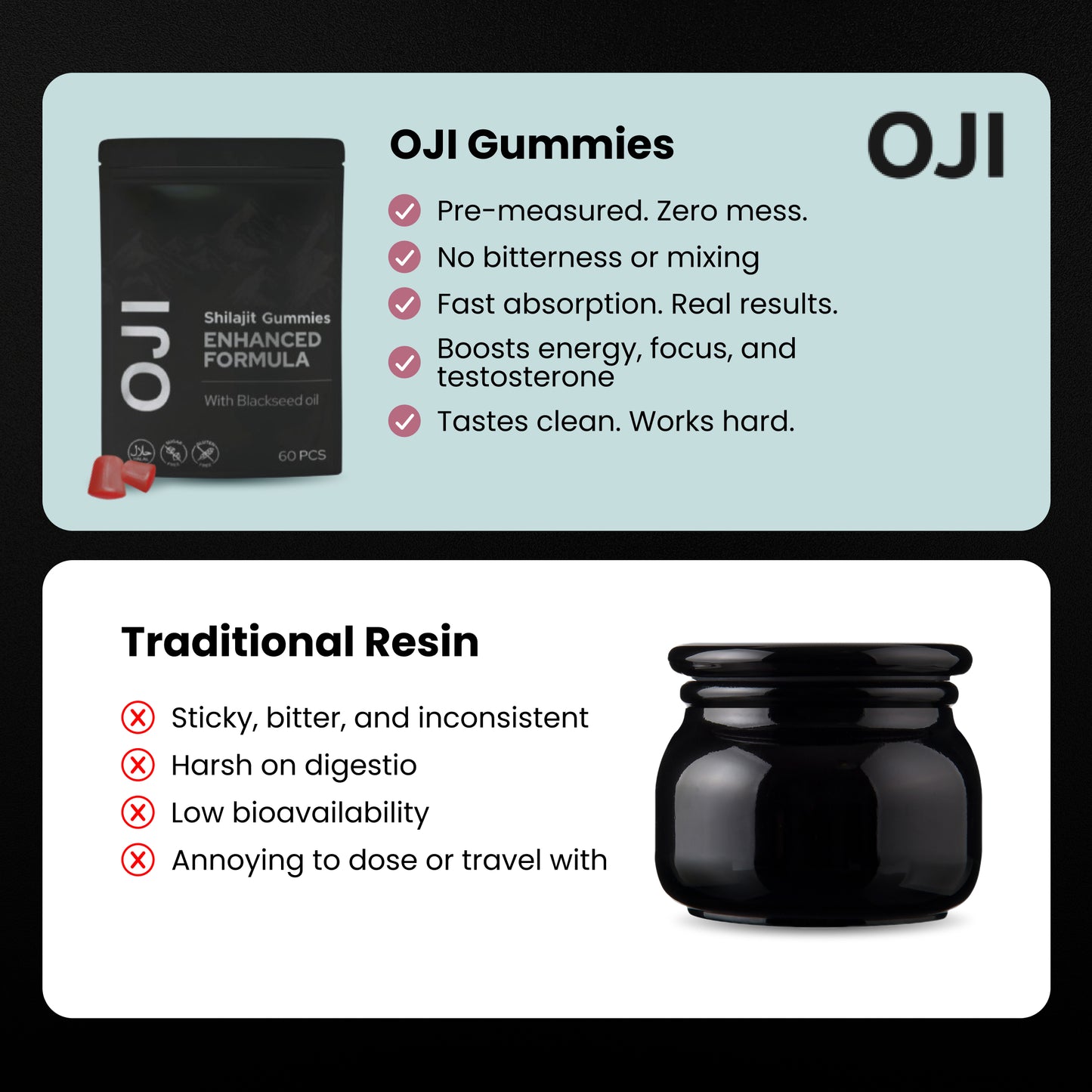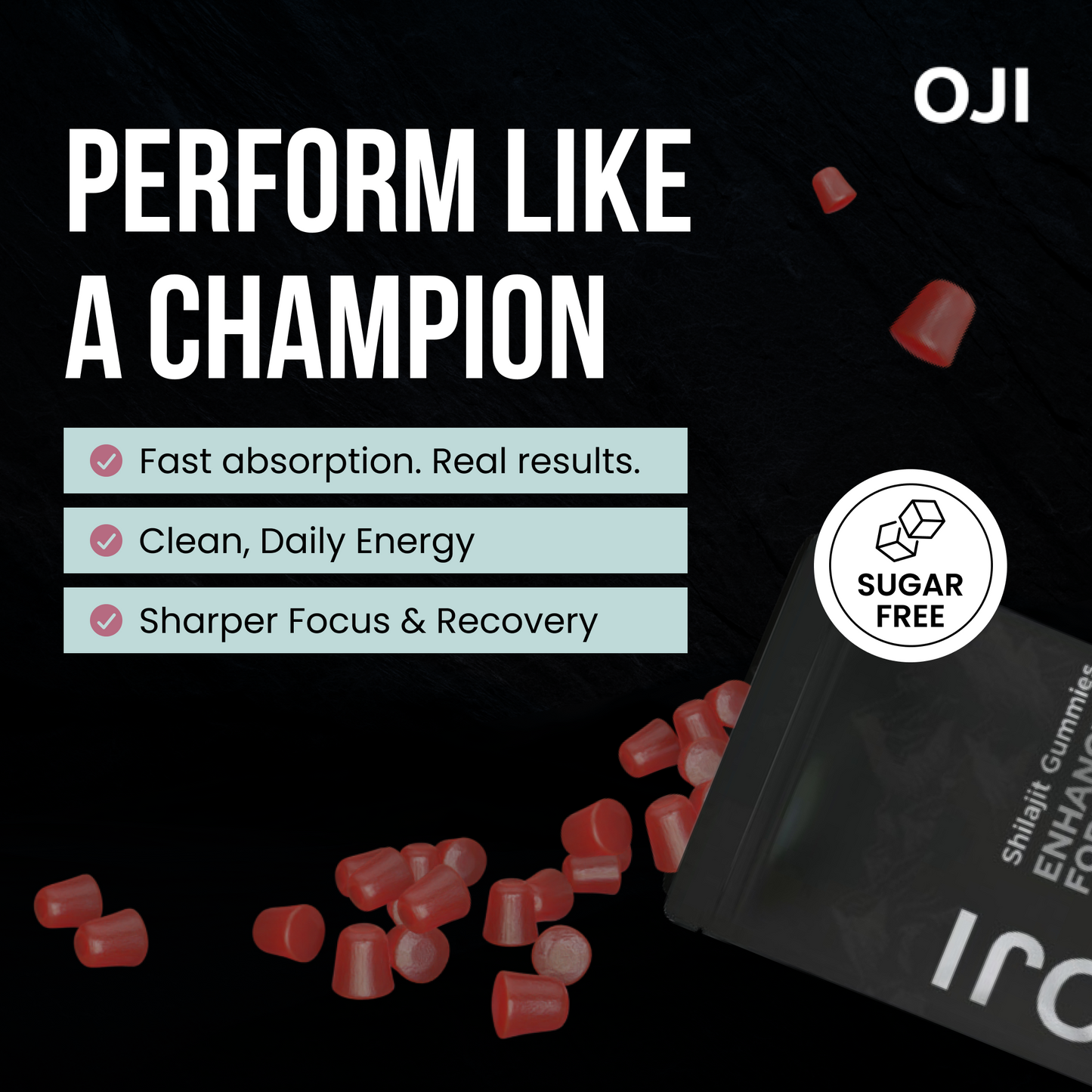Feeling constantly tired is more than just an annoyance; it’s a drag on your life. Taking a targeted energy booster vitamin isn’t about finding a quick, artificial buzz. It's about taking strategic action to refuel your body’s natural power plants and reclaim your vitality.
Why You Feel Drained and How to Fight Back with Vitamins
Let’s be honest, running on empty has become the new normal for too many of us. Juggling demanding schedules, constant stress, and gaps in our diet, it’s no wonder our energy reserves get wiped out.
Think of your body as a high-performance car. Food is the fuel, but vitamins and minerals are the spark plugs and engine oil. Without them, you can’t ignite the fuel properly. When you’re missing key nutrients, your body simply can’t convert the food you eat into usable energy. The result? That familiar, bone-deep fatigue.
An energy booster vitamin doesn't create energy out of thin air. It supplies the exact nutrients your body needs to unlock the potential energy already stored in your food. To beat fatigue, you need to provide these keys to turn the ignition in your cellular engines.
Identify the Root of Your Fatigue and Take Action
Before you can fix the problem, you must know what’s causing it. For most of us, modern life creates nutritional shortfalls that hit our energy levels directly. Here's how to identify the cause and start making changes:
- Hectic Lifestyles: If you're constantly grabbing quick, processed meals, it's time to make a change. Actively plan to incorporate more whole foods rich in essential, energy-revving nutrients.
- Dietary Restrictions: If you follow a diet like veganism or vegetarianism, you must be proactive. Ensure you're getting enough Vitamin B12, a critical nutrient for energy that’s mainly found in animal products. Consider supplementation.
- Stress and Poor Sleep: Combat stress by ensuring you get enough magnesium. This mineral is a workhorse, involved in over 300 biochemical reactions, including energy production. Prioritise stress-reducing activities and magnesium-rich foods.
It's no surprise that people are waking up to these nutritional gaps and actively looking for solutions. The UK dietary supplements market was valued at around £4.79 billion in 2024 and is expected to nearly double by 2033. This shows a massive shift in how we’re taking back control of our own wellbeing. You can read more about the growth of the UK supplements market and what's driving it.
The Science of How Vitamins Create Energy
Ever wondered how your body actually turns food into fuel? Imagine your body is a sophisticated, high-performance engine. The food you eat—carbs, fats, and proteins—is the raw fuel. But that fuel is useless on its own. It needs an ignition system to convert it into power. This is exactly where an energy booster vitamin plays its essential role.
Vitamins and minerals are the spark plugs, engine oil, and electrical wiring of your metabolism. They don’t provide energy directly, but they are crucial for the biochemical reactions that unlock the energy stored within your food. To boost your energy, you must supply these essential components.
The infographic below shows some of the key vitamins that are essential for kickstarting your body's energy cycle.
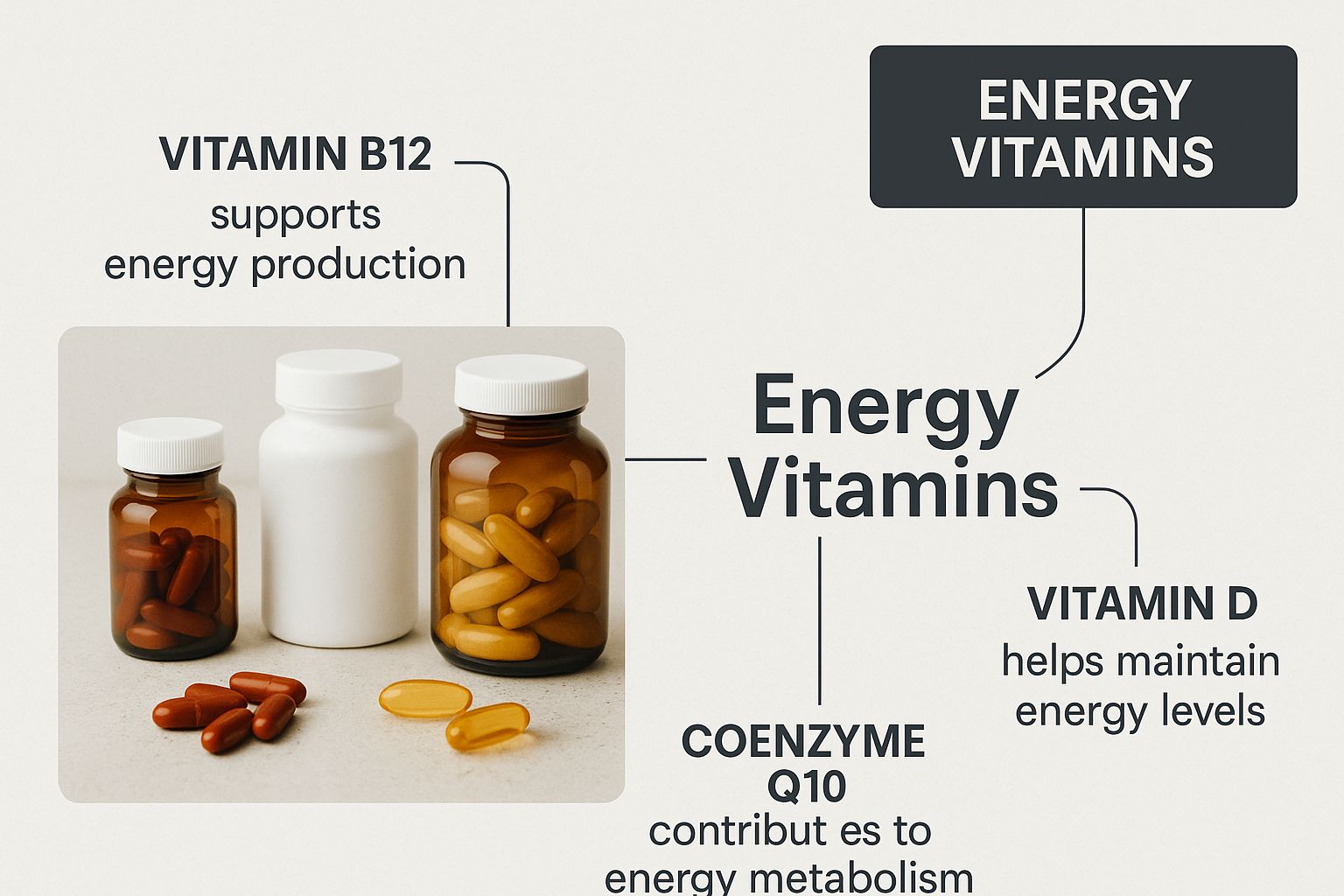
These are the critical nutrients that act as catalysts in your body, turning dormant fuel into active, cellular power.
Your Cellular Power Plants
At the heart of this process is a tiny organelle inside your cells called the mitochondria. Think of these as microscopic power plants. Their job is to take fuel from your food and convert it into adenosine triphosphate (ATP), the primary energy currency of your body. Every action you take, from blinking to thinking, is paid for with ATP.
This conversion is a multi-step assembly line known as the citric acid cycle (or Krebs cycle). Specific vitamins and minerals are required at each step to keep the line moving. If one nutrient is missing, a bottleneck occurs, and ATP production slows down. This is why a deficiency in just one key vitamin can have such a noticeable impact on your energy levels.
Think of it like a factory production line. If one worker (a specific vitamin) doesn't show up, the whole line stops. Your body can have all the raw materials (food), but without the workers to process them, nothing gets made. Your job is to ensure every "worker" is present.
The Key Players in Energy Production
While many nutrients are involved, a few stand out as the star players on your body's energy assembly line. To avoid that dreaded afternoon slump, make sure you are getting enough of these key players.
- The B-Vitamin Family: This group, especially vitamins B1, B2, B3, B5, B6, and B12, are the master mechanics of energy metabolism. They are directly involved in breaking down carbohydrates and fats into ATP. Vitamin B12, in particular, is vital for forming red blood cells, which carry oxygen to your cells—a non-negotiable part of sustained energy.
- Iron: Think of this mineral as the essential delivery driver. Iron is a core component of haemoglobin, the protein in red blood cells that ferries oxygen from your lungs to the rest of your body. Without enough oxygen, your cells can't burn fuel efficiently, leading to fatigue.
- Magnesium: If B-vitamins are the mechanics, magnesium is the factory manager. It's involved in over 300 enzyme reactions, including every step of creating and using ATP. A lack of magnesium means the entire energy-producing system runs inefficiently, leaving you feeling weak and tired.
The Most Effective Vitamins for Fighting Fatigue
Now that you understand the science, let's get practical. The quickest way to kick fatigue to the curb is to give your body the specific nutrients it's crying out for. Use this as your personal roadmap to get your energy back on track.
Here's how to tackle deficiencies in the big four energy nutrients: Vitamin B12, Vitamin D, Iron, and Magnesium.
The Spark Plug: Vitamin B12
Vitamin B12 is a powerhouse, essential for converting food into glucose—the pure energy your body runs on. It’s also key for making healthy red blood cells that carry oxygen to keep you sharp and focused. A classic sign of B12 deficiency is megaloblastic anaemia, which leaves you weak and tired.
What to do:
- On your plate: Actively incorporate lean meat, fish like salmon and tuna, eggs, and dairy into your meals.
- Supplement smart: If you're vegan or vegetarian, make a high-quality B12 supplement a non-negotiable part of your daily routine to maintain your energy levels.
The Sunshine Vitamin: Vitamin D
Known as the "sunshine vitamin," Vitamin D directly supports your mitochondria—the power plants inside your cells. When your mitochondria are happy, your body produces energy efficiently. If not, you can expect persistent fatigue and muscle weakness. This is a massive issue in the UK, where 49.5% of adults have less-than-ideal vitamin D levels.
What to do:
- Get some sun: When the sun appears, get sensible sun exposure on your skin.
- Eat for D: Add fatty fish (mackerel and salmon are great), fortified foods like cereals and milk alternatives, and egg yolks to your diet.
- Top it up: For most in the UK, taking a daily Vitamin D supplement during autumn and winter is a smart action to maintain energy and immunity.
The Oxygen Carrier: Iron
Iron is the dedicated oxygen delivery service for your body. It’s the main component of haemoglobin. Without enough iron, your cells are starved of the oxygen they need to create energy. The result is iron-deficiency anaemia, a condition known for causing extreme tiredness. You might also notice breathlessness or pale skin. If you want to explore more ways to fight back against tiredness, have a look at our guide to the best natural energy supplements.
What to do:
- Eat iron-rich foods: Make a conscious effort to eat red meat, beans, lentils, spinach, and fortified breakfast cereals.
- Use this absorption hack: To help your body absorb iron, pair it with Vitamin C. Drink a glass of orange juice with your meal or add bell peppers to your salad.
The Master Mineral: Magnesium
Magnesium is the unsung hero of energy, involved in over 300 essential processes, including creating ATP. If your body is a factory, magnesium is the floor manager. A slight dip in magnesium can throw your energy metabolism out of whack.
What to do:
- Load up your plate: Add magnesium-rich foods like leafy greens, nuts (especially almonds), seeds, and whole grains to your diet.
- Relax and absorb: Try an Epsom salt bath. Your skin can absorb magnesium, making it a relaxing way to boost your levels.
Discovering Shilajit: A Natural Energy Amplifier
When you think of energy supplements, you probably picture the usual vitamins. But what if there was something more ancient and powerful? Let's step beyond the familiar and discover Shilajit. This isn't your average energy booster; it's a potent, tar-like resin that seeps from rocks high in the Himalayan mountains, created over centuries by the slow decomposition of plant life.
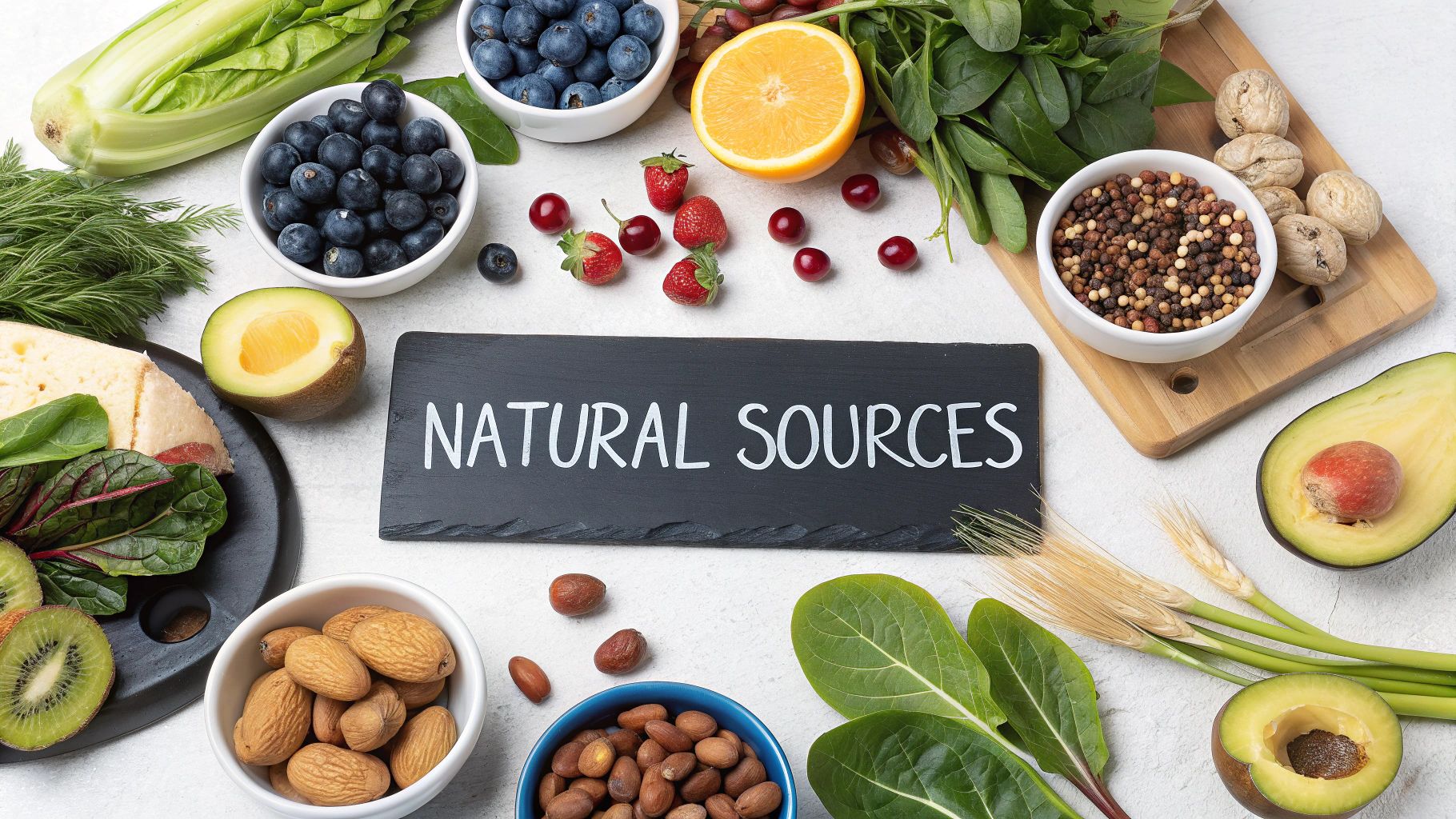
What truly sets Shilajit apart is its incredible profile. It’s packed with over 84 essential minerals in their ionic form, which means your body can absorb and use them with remarkable efficiency. But its real secret weapon is fulvic acid, a super-compound that acts like a master key for your cells.
Think of fulvic acid as a dedicated delivery driver. Its main job is to shuttle all those essential minerals and other nutrients directly into your cells. This doesn't just improve how your body uses the goodness within Shilajit; it also enhances the absorption of vitamins and nutrients from your regular diet.
Fuelling Your Cellular Engines
At the very core of Shilajit’s energy-giving power is its effect on your mitochondria. As we’ve learned, these are the tiny powerhouses inside your cells, working to produce ATP—your body’s main energy currency. To put Shilajit to work, understand how it supports this vital function.
It works by helping to stabilise CoQ10, an antioxidant crucial for producing ATP. By making your mitochondria more efficient, Shilajit helps your body generate more energy at a cellular level. The result? A deep, sustainable feeling of vitality, not just a short-lived jolt. If you'd like to dive deeper into its background, you can explore more about Shilajit, the ancient secret to boosting your health and vitality.
A Natural Defence Against Stress
One of the biggest culprits draining our energy is chronic stress. When you're constantly stressed, your body pumps out cortisol, a hormone that can leave you feeling exhausted. Shilajit is what’s known as an adaptogen—a natural substance that helps your body better adapt to and resist physical, chemical, and biological stressors.
An adaptogen works like a thermostat for your body’s stress response. Instead of letting stress push you into exhaustion, Shilajit helps moderate that response, keeping you on an even keel. This action helps you preserve precious energy reserves for when you actually need them.
By helping your body cope better with daily pressures, Shilajit tackles a root cause of modern fatigue. It's this powerful combination—enhancing cellular energy, improving nutrient absorption, and managing stress—that makes Shilajit a special and holistic solution for anyone looking to restore their natural vitality and go far beyond a standard energy booster vitamin.
How to Select an Effective Energy Supplement

Choosing an energy supplement that actually works can feel like a minefield. Walk into any health shop or browse online, and you're met with a wall of options. To cut through the noise and find one that truly delivers, you need a plan.
The secret is to look past flashy marketing and learn to read the label like an expert. A great energy booster vitamin isn't just about what's in it; it's about what your body can do with it. This means you need to look for high bioavailability, clear ingredients, and solid proof of quality.
This push towards preventative health has created a huge market. The UK's online vitamin and supplement industry is now worth around £1.4 billion, with a staggering annual growth of 10.3% over the last five years. With so many of us buying supplements, it's never been more important to know what you’re looking for. You can discover more insights about the UK supplement market trends if you fancy a deeper dive.
Your Quality Checklist
Before adding anything to your basket, run it by this simple checklist. Follow these steps to find a supplement that’s both safe and effective.
-
Look for Third-Party Testing: This is your gold standard for quality. Find proof that the product has been checked by an independent lab. This seal of approval confirms that what's on the label is actually in the bottle, without any contaminants. Make this your guarantee.
-
Demand a Transparent Ingredient List: A brand that’s proud of its formula will have nothing to hide. The label should clearly list every active ingredient and its exact dose. Be sceptical of "proprietary blends" that hide individual amounts—you need to know if you're getting enough of the good stuff.
-
Choose High Bioavailability: This technical term just means how well your body can absorb and use a nutrient. For instance, certain forms of minerals are absorbed much better than others. Choose a quality supplement that uses these superior forms to make sure you get the maximum benefit from every dose.
A high-quality supplement is an investment in your well-being. Focus on these markers of quality to ensure your money is well-spent on a product designed for real results, not just clever marketing.
Choose the Right Form for You
Supplements come in all shapes and sizes, and the best one is the one you'll take consistently. Here's a breakdown to help you decide.
| Form | Pros | Cons |
|---|---|---|
| Capsules/Tablets | Precise dosing, often tasteless, long shelf life. | Can be difficult to swallow for some people. |
| Powders | Can be mixed into drinks, allows for flexible dosing. | Can have an unpleasant taste or texture, requires mixing. |
| Gummies | Easy and enjoyable to take, great for consistency. | May contain added sugars or artificial flavours. |
For many of us, convenience is the biggest decider. The easier a supplement fits into your routine, the more likely you are to stick with it. This is where options like Oji Shilajit gummies really shine.
They remove the usual hurdles. There's no bitter taste, no messy powders, and no big pills to swallow. You get a precise, effective dose of Shilajit and its energy-supporting minerals in a simple, enjoyable format. This turns your new health habit into a treat, not a chore.
Common Questions About Energy Supplements
Starting a new supplement brings up questions. That’s a great sign you’re being mindful about your health. We've put together this FAQ to give you clear, honest answers about using an energy booster vitamin so you can feel confident and in control.
How Long Until I Feel a Difference?
This depends on you. Everyone’s body is different. If you’re seriously low in a B-vitamin, you could feel a lift in just a few days or a week. For nutrients like iron or vitamin D, it's a longer game. It can take several weeks or months to build your levels back up. The key is consistency. Don’t expect a quick coffee-like buzz. Instead, focus on patiently rebuilding your body’s natural energy factory.
When taking any energy supplement, make consistency your greatest ally. Build lasting vitality over time by giving your body the consistent nutritional support it needs, not through quick, temporary fixes.
Can I Get All My Energy Nutrients from Food?
In a perfect world, yes. But realistically, between modern food processing, less nutrient-rich soil, and personal dietary choices, it's easy to have nutritional gaps that leave you wiped out. For example, getting enough vitamin B12 on a plant-based diet is a real struggle. And for those in the UK, getting enough vitamin D from sunshine alone is a massive challenge. Your action plan should include using supplements as a practical way to fill these specific gaps, making sure your body has everything it needs.
Are There Side Effects to Consider?
When taken as directed, most energy-boosting vitamins are very safe. Your most important action is to stick to the recommended dose on the label. Taking massive amounts of certain nutrients can cause problems—too much iron, for instance, can lead to an upset stomach. To stay safe, choose trusted brands that use third-party testing to verify purity and strength. If you have any existing health conditions or take other medications, take the step of chatting with your doctor first. For a deeper dive, check out our guide on the 8 best supplements for fatigue you should know.
Is Shilajit Safe with Other Vitamins?
Absolutely. Not only is Shilajit generally safe to take with other vitamins, but its fulvic acid content may even help your body absorb other nutrients more effectively. In short, it could boost the benefits of your other supplements. Of course, as with anything new, the smart first step is to start with a low dose to see how your body gets on with it.
Ready to feel the difference for yourself? Experience the combined power of ancient wisdom and modern convenience with Oji Shilajit gummies. Get your natural energy back on track today. Start your journey to renewed vitality at myoji.co.uk.


